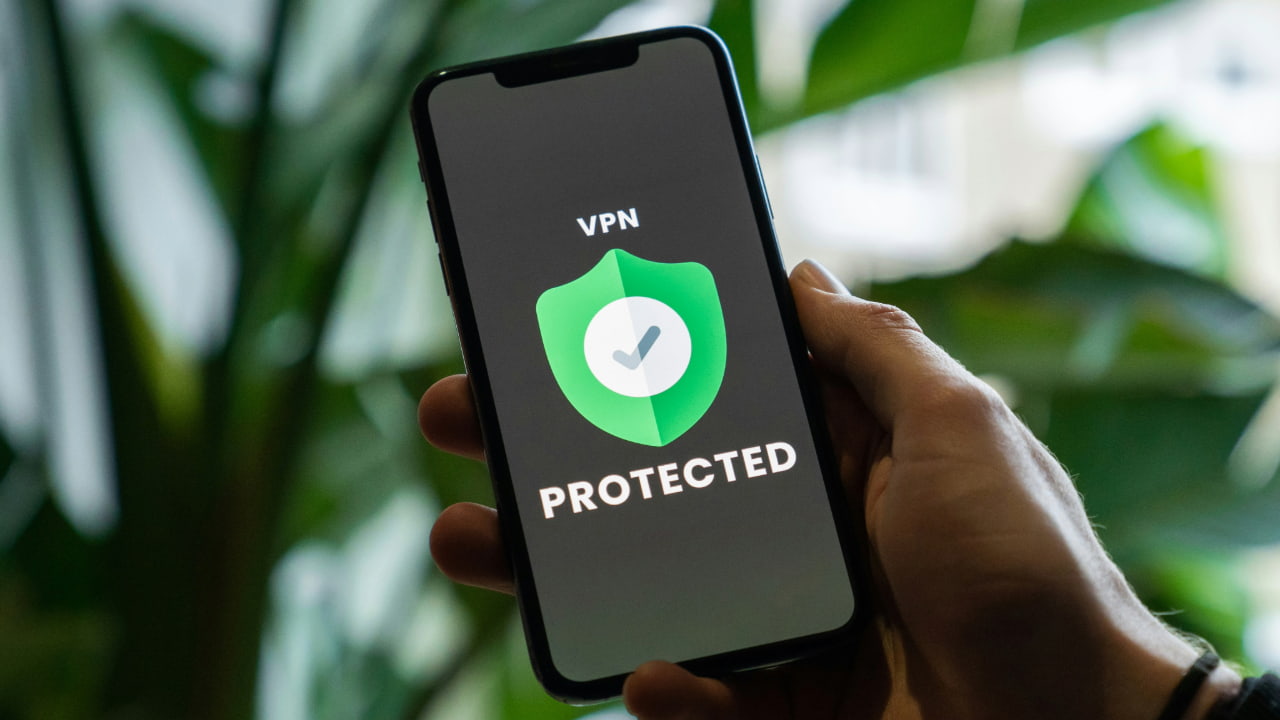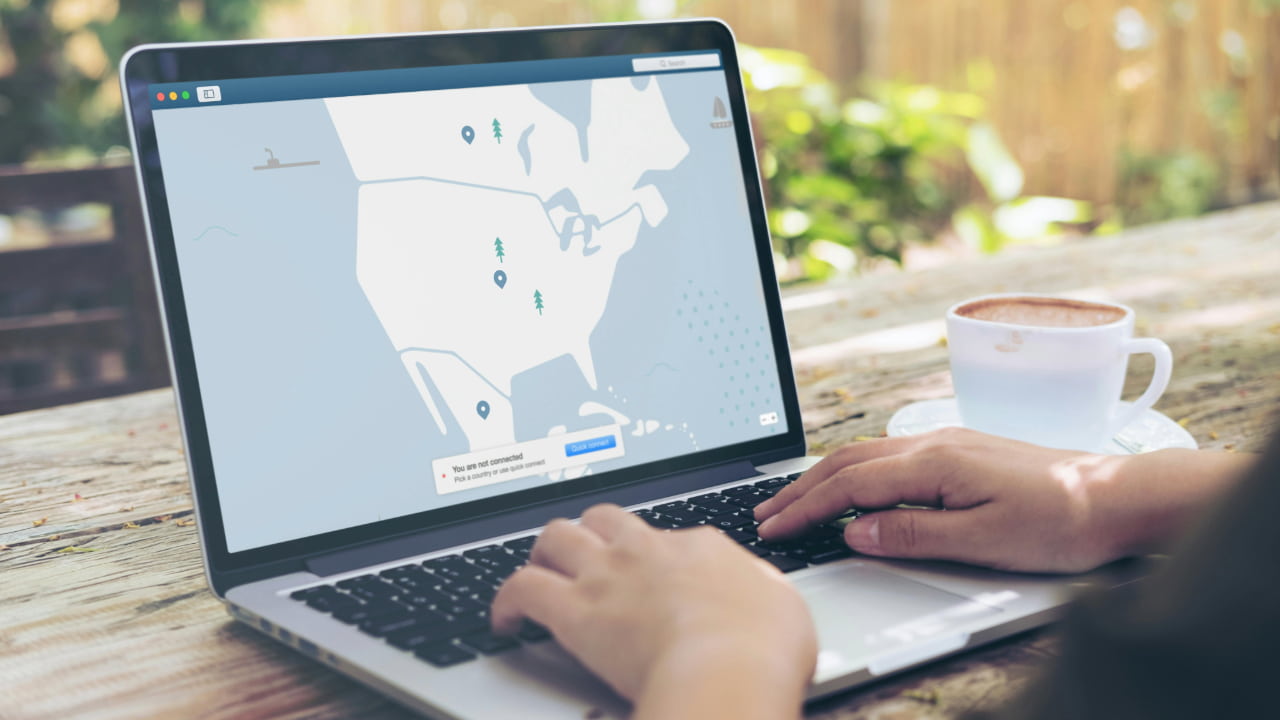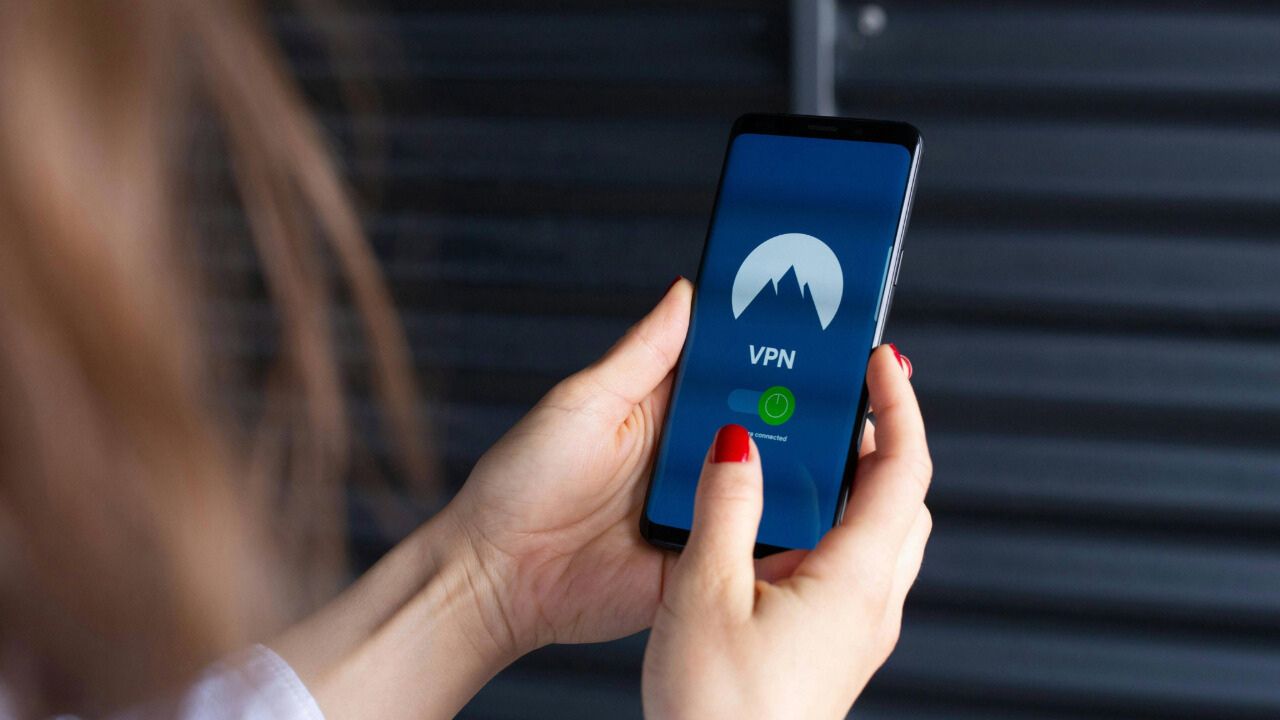A Virtual Private Network (VPN) is an extremely useful tool that allows you to mask your IP and create a secure, encrypted connection between your device and the internet. This means you can browse the web more privately, especially when connected to a public Wi-Fi network. Another use case for VPNs is accessing sites that are blocked in your region. For example, you could be sitting in New York and accessing content on Chinese social media platforms (though I wouldn’t recommend doing that). However, a VPN can sometimes have the opposite effect, blocking you from accessing content that you were otherwise able to view.
I recently received an email from Carol in Douglasville, GA, who asked,
Why am I blocked from seeing a site when I use a VPN? I am being blocked from answering emails I receive from the VA, Social Security, and government sites, that I need to connect to concerning my benefits.
She says she attempted changing servers and even switched to different cities within the US, but she still couldn’t access the sites. Carol, that sounds like a serious issue. Understandably, you would want to use a VPN when visiting websites, and not being able to access them can be quite frustrating. This situation may even force you to disable your VPN, which could put you at risk. Below, I’ll discuss why this happens and how you can work around the issue.
GET SECURITY ALERTS, EXPERT TIPS – SIGN UP FOR KURT’S NEWSLETTER – THE CYBERGUY REPORT HERE

What is a VPN?
A Virtual Private Network (VPN) is a secure connection method used to add privacy and security to private and public networks, like the internet and Wi-Fi hotspots. VPNs are often used to protect sensitive data and to ensure that online activities are safe from cyber threats. By encrypting your internet traffic and masking your online identity, a VPN provides anonymity and protects against hackers, snoopers, and data breaches. It also allows you to access content that may be restricted based on your geographic location, making it a great tool for boosting your online privacy and freedom. Here are 10 reasons you need a VPN at home.
Here are 10 reasons you need a VPN at home
Why you are not able to access certain websites when using a VPN?
Website owners can decide who gets to access their sites and who doesn’t. Many sites block IPs from known VPNs or data centers, especially if their content is restricted to certain countries or regions.
Big platforms like Netflix or banking sites often use VPN detection tools to prevent people from accessing their services anonymously. Government websites do this, too, mostly to prevent people from bypassing regional or national restrictions. For instance, in countries with strict content rules, blocking VPNs helps prevent people from accessing content the government doesn’t want them to see.
But even setting your VPN to a different location in the same country doesn’t always work. Why? Because some sites are trying to keep cybercriminals out. VPNs can hide your identity and location, which is great for privacy but can also be misused for fraud. Government websites dealing with things like taxes, voting, or benefits need to verify who you are and where you’re logging in from to prevent misuse. Allowing VPNs could make it easier for fraudsters to slip through.
Another reason for blocking VPNs is to keep bots at bay. Bots can use VPNs to scrape government websites or overload their systems. Blocking VPN traffic helps protect sensitive information and makes it easier to trace and authenticate real users.

HOW TO USE VPNS WITHOUT COMPROMISING YOUR BANKING APPS
6 ways to bypass VPN blockers
If you’re having trouble accessing certain sites with your VPN on, try the steps below. Start from the first step and keep going until the issue is resolved.
1) Use a reliable VPN provider
Using a reliable VPN service is one of the best ways to work around VPN blocks. Not all VPNs are created equal, and choosing a high-quality provider can make a significant difference. Look for a VPN that offers obfuscated or “stealth” servers, which disguise VPN traffic to appear as regular internet usage, making it harder for detection systems to block you.
A good VPN should also have a large server network with plenty of options across different locations so you can easily switch if one server is blocked. Some services even offer dedicated IP addresses, which are less likely to be flagged compared to shared ones.
The two VPN services I always recommend are Surfshark and ExpressVPN. Both prioritize your privacy and security and are available on a wide range of platforms, including Mac, Windows, iOS, Android, and popular browsers.
Surfshark: Surfshark provides strong security features at an affordable price. Like ExpressVPN, Surfshark operates under a strict no-logs policy and uses advanced encryption to keep your data safe. One standout feature is Surfshark’s ability to support unlimited devices on a single account, making it ideal for families or users with multiple gadgets. Another to top choice for privacy-conscious users.
CYBERGUY DEALS:
- Save 81% now with CyberGuy’s exclusive offer – Get 4 extra months FREE with a 12-month plan. Try 30 days risk-free, for only $2.99 per month.
- Save 87% now with CyberGuy’s exclusive offer – Get 4 extra months FREE with a 24-month plan. Try 30 days risk-free, for only $1.99 per month.
ExpressVPN: ExpressVPN is known for its speed, reliability, and strong privacy features. It offers ultra-fast servers in 105 countries, supports P2P sharing, and allows up to 8 devices to connect simultaneously. Available on a wide range of devices, it features a simple setup that takes less than 2 minutes. ExpressVPN’s strict no-log policy ensures your data is never stored, and all servers run on RAM, so no user activity is saved. With 24/7 live customer support and a 30-day money-back guarantee, ExpressVPN is a top choice for privacy-conscious users.
CYBERGUY DEALS:
- Save 48% now with CyberGuy’s exclusive offer – you can get now up to 3 months FREE with a 12-month plan, for $6.67/month. Try 30 days risk-free.
- Save 61% now with CyberGuy’s exclusive offer – you can get now up to 4 months FREE with a 24-month plan, for $4.99/month. Try 30 days risk-free.
For best VPN software, see my expert review of the best VPNs for browsing the web privately on your Windows, Mac, Android & iOS devices

HOW TO SECURE YOUR HOTSPOT PRIVACY AND SECURITY WITH A VPN
2) Switch to a different server
If one server isn’t working, try connecting to another in the same country or region. VPN providers usually have multiple servers, and switching might help you bypass the block. If this doesn’t work, use obfuscated servers. These servers are designed to hide the fact that you’re using a VPN. They can bypass strict VPN detection systems, especially on government or streaming websites.
3) Change VPN protocols
To bypass VPN blocks, you can change the connection protocol your device uses. VPN protocols determine how devices link to servers, and some protocols are more adept at evading detection than others.
If you’re facing issues accessing specific websites, switching to a different protocol may help. For instance, some protocols offer a good balance of speed and security, while others prioritize faster performance or efficiency, potentially improving your ability to bypass restrictions.
For more detailed information, it’s important to research which protocols are best suited for specific use cases, as the effectiveness of different protocols can vary.
WILL A VPN PREVENT APPS FROM TRACKING ME?
4) Enable Split Tunneling
If you only need the VPN for certain apps or websites, enable split tunneling in your VPN settings. This lets you access blocked sites using your regular connection while keeping the VPN active for other purposes. For example, you can enable split tunneling to watch a movie on Netflix using your regular internet connection while keeping your banking app secure with the VPN.
5) Try a different VPN provider
Not all VPNs are created equal. Some are better at bypassing blocks than others. If your current VPN isn’t working, consider switching to one that specializes in evading detection.
6) Use mobile data or another network
If all else fails, switch to a mobile data connection or a different network. Sometimes, the issue is with your current ISP (Internet Service Provider) rather than the VPN.
30% OF AMERICANS OVER 65 WANT TO BE REMOVED FROM THE WEB. HERE’S WHY
Kurt’s key takeaway
VPNs are great for getting around restrictions, but some websites have blockers to stop VPN traffic. There are a few ways to get around these blockers, and sometimes, it’s just as easy as switching servers. You’ll have the best chance of getting your VPN unblocked if you’re using a reliable service. They keep an eye on their servers to make sure everything’s running smoothly and offer extra features like dedicated IP addresses.
Have you ever faced any issues accessing websites while using a VPN? Let us know in the comments below.
FOR MORE OF MY TIPS, SUBSCRIBE TO MY FREE CYBERGUY REPORT NEWSLETTER HERE
Copyright 2024 CyberGuy.com. All rights reserved. CyberGuy.com articles and content may contain affiliate links that earn a commission when purchases are made.




















 English (US) ·
English (US) ·